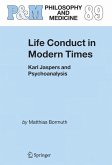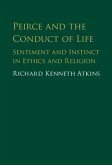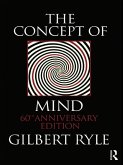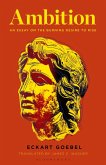With his famed 1836 essay "e;Nature,"e; Transcendentalist leader Ralph Waldo Emerson argued that interactions with nature are the most valuable form of spiritual experience. But how do you carry the insights gained from nature back into the real world? In this compelling collection of essays, which some critics identify as Emerson's most accomplished work, the writer offers advice for balancing a love of nature with everyday responsibilities.
Dieser Download kann aus rechtlichen Gründen nur mit Rechnungsadresse in A, B, BG, CY, CZ, D, DK, EW, E, FIN, F, GR, HR, H, IRL, I, LT, L, LR, M, NL, PL, P, R, S, SLO, SK ausgeliefert werden.









